The case surrounding the disappearance and suspected murder of Brian Odhiambo has become a major test for the Kenya Wildlife Service under the leadership of Director General Erastus Kanga.
What started as a simple case of a fisherman going missing has now turned into a national outcry over accountability, human rights, and justice.
Odhiambo, a resident of Nakuru and a father of two, disappeared on January 18, 2025, after he was allegedly arrested by KWS rangers for fishing in the protected waters of Lake Nakuru National Park.
Witnesses say he was beaten before being taken away in a KWS vehicle, and that was the last time he was seen alive. Since then, his family has been on a painful journey searching for answers, only to face silence and obstruction.
Under Kanga’s leadership, KWS has been accused of hiding crucial information about the incident and blocking investigations. Activists say this is part of a wider problem where rogue officers act with impunity and the system shields them from consequences.
Court proceedings involving six rangers accused in connection with Odhiambo’s death have revealed troubling details. Testimonies describe how the rangers detained him unlawfully and later drove into the bush with his body.
Some witnesses even claim he was already dead when they left the scene. The agency’s decision to provide legal support to the accused has angered the public, with many viewing it as an attempt to protect insiders rather than seek justice.
The family’s suffering deepened when fishermen later claimed to have seen a body floating in the lake, only for KWS officers to reportedly chase them away and take the remains.
This act left the family with no closure or chance to give their loved one a proper burial. Reports of other young fishermen disappearing under similar circumstances have further raised fears of a pattern of violence against civilians by park rangers.
Human rights groups, led by activists like Hussein Khalid of VOCAL Africa, have been relentless in demanding answers.
Khalid has accused KWS of deliberately blocking investigations and excluding Lake Nakuru from public access events to prevent independent searches.
After months of public pressure, a Nakuru court has finally authorized the Directorate of Criminal Investigations to search the park and exhume any buried bodies.
This rare move gives new hope to Odhiambo’s family and others who suspect their relatives may also have disappeared in similar ways.
Yet the decision has also intensified scrutiny on Kanga’s management, with critics saying his administration values image control over accountability.
Despite the gravity of the allegations, KWS has remained mostly silent, insisting it supports lawful procedures while refusing to release key details about the case.
The story of Brian Odhiambo has now become symbolic of the tension between conservation and human rights in Kenya. It exposes how ordinary citizens, especially those living near protected areas, often face mistreatment and intimidation.
His widow and children continue to live with unanswered questions, relying on public support and advocacy to keep the case alive.
For many, the hope is that the truth will finally come out and that justice will not be buried like the man whose only crime may have been trying to feed his family.
The unfolding events have placed Erastus Kanga and his leadership under sharp public scrutiny, and how he handles this case could define the future of trust between Kenyans and the wildlife agency tasked with protecting their natural heritage.

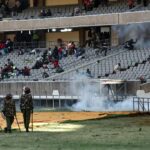

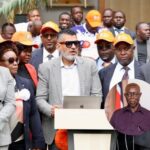
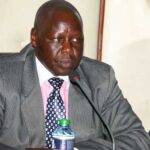


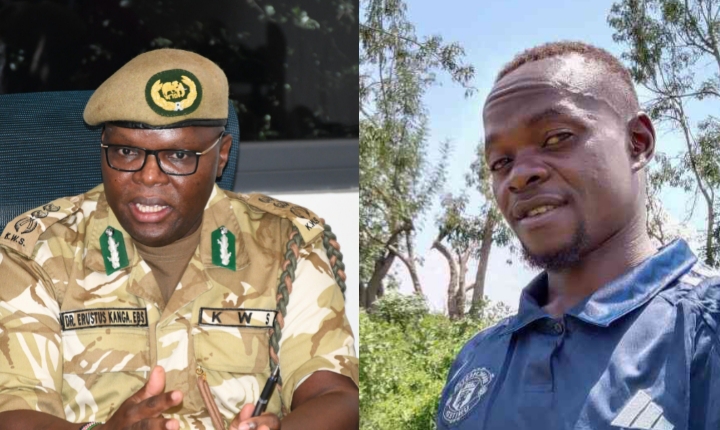








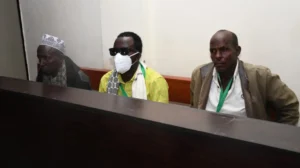

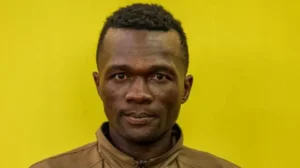
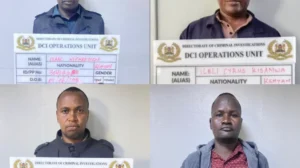

Add Comment